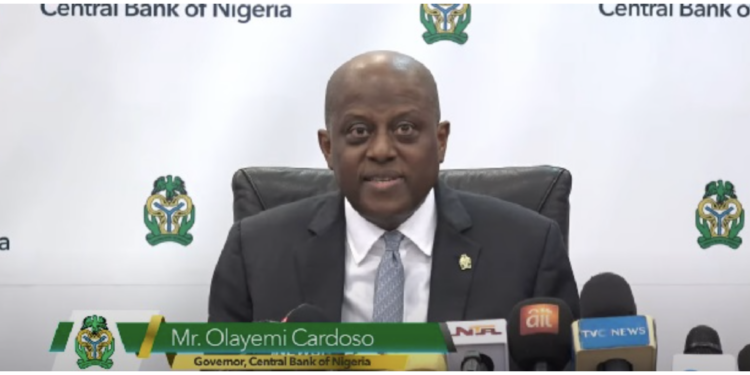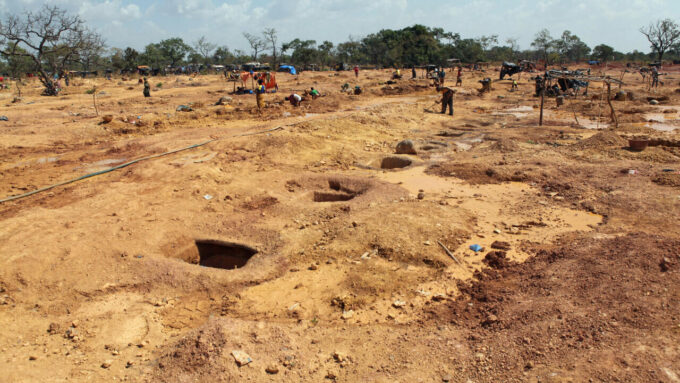Nigeria’s Central Bank Governor, Yemi Cardoso, has highlighted the devaluation of the naira as a potential catalyst for boosting the country’s export trade. Speaking at the Nigerian Economic Summit in Abuja, Cardoso emphasized that while the sharp drop in the currency’s value presents challenges, it also offers unique opportunities for growth in export sectors.
According to Cardoso, the weakened naira has made Nigerian goods more competitive on the international market, opening doors for businesses to expand their exports. He urged local investors to seize this moment, underscoring that, despite the economic difficulties, there are prospects for growth if stakeholders approach the situation strategically.
“In terms of persuasion, what we need now is to ensure that investments are here,” Cardoso said during his address. “It may seem like a threat in the sense that the exchange rate has come down so low, but that also is an opportunity because it can help boost exports.”
He pointed out that with the naira’s devaluation, Nigerian goods have become more affordable to foreign buyers, creating the potential for increased demand. “This will make Nigeria a lot more competitive in the export trade,” he added, encouraging entrepreneurs and investors to take advantage of the changing landscape. “Things are recalibrating in a particular direction. It’s not perfect, but there are definitely opportunities for people to invest.”
Cardoso’s remarks come as Nigeria grapples with the economic effects of the naira’s depreciation. While the situation has increased the cost of imports and placed pressure on local businesses, it also offers a window for Nigeria to capitalize on its export potential, particularly in sectors like agriculture, manufacturing, and minerals. The CBN Governor noted that many investors have already begun to explore these opportunities, with growing interest in expanding Nigeria’s presence in global markets.
The Central Bank’s policies, aimed at stabilizing the economy and supporting long-term growth, have received recognition from international financial institutions, including the World Bank. Cardoso addressed comments made by the World Bank Chief Economist during the summit, clarifying that his remarks had been misunderstood by some. He reiterated that the World Bank, along with other global financial bodies and rating agencies, has commended the CBN’s efforts to transform the Nigerian economy.
“My interpretation wasn’t how others perceived it,” Cardoso explained. “What I understood from his comments was that the policies of the Central Bank are putting Nigeria on the right track. The rating agencies and other international financial institutions are saying the same thing. I doubt that they might all be wrong.”
Cardoso stressed that Nigeria must stay the course with its current policies to fully realize the benefits of the steps taken to stabilize the economy. He pointed out that while the path to recovery is challenging, the ongoing reforms will pay off in the long run.














Leave a comment